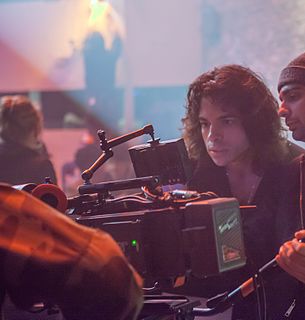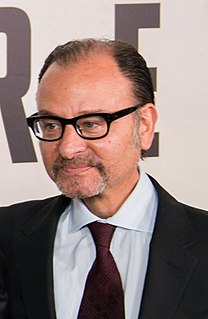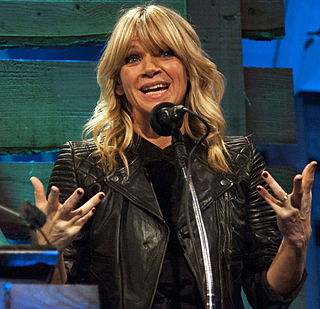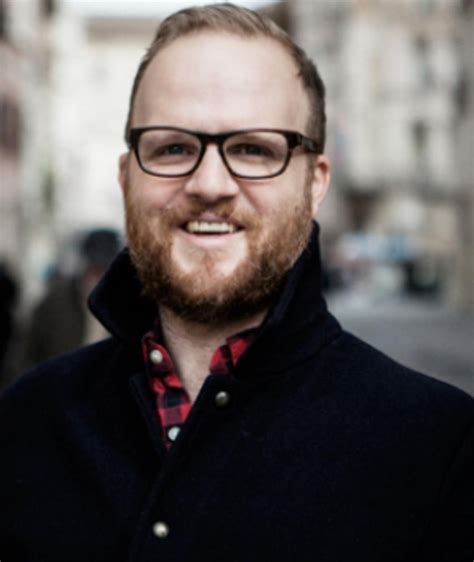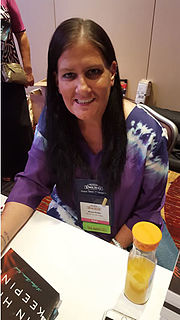A Quote by Paul Dalio
I want the audience to think about how many people are hiding in the shadows with the condition. I want the film to take away the stigma of thinking of this as a disease and an illness to be crushed. I want those in the condition to shine and contribute to the human spirit.
Related Quotes
I want people to see the beauty of that condition through the eyes of the characters. In doing that, they can allow people who have the condition to be more accepting of it, and to be open about it. That would be a contribution to the people who have it, and considering that 38% of the Pulitzer Prize winning poets are Bipolar, to think about how much these individuals have contributed to the human spirit.
If I'm away from you for more than an hour, I can't stop thinking about you. I carry you in my spirit. I pray for you more than I pray for myself...I know you don't believe in fairy tales. But, if you did, I'd want to be your knight in shining armor. You've been through so much. I don't want to see you hurt anymore. Now I may not be able to give you all that your used to. But I do know I can love you past your pain. I don't want you to worry about anything. You just wake up in the morning, that's all you have to do and I'll take it from there...There's one condition...You have to be my wife
Epilepsy is a disease in the shadows. Patients are often reluctant to admit their condition - even to close family, friends or co-workers - because there's still a great deal of stigma and mystery surrounding the disease that plagued such historical figures as Julius Caesar, Edgar Allan Poe and Lewis Carroll.
On the other hand, whatever condition we are in, we must always do what we want to do ,and if we want to go on a journey, then we must do so and not worry about our condition, even if it's the worst possible condition, because, if it is, we're finished anyway, whether we go on the journey or not, and it's better to die having made the journey we've been longing for than to be stifled by our longing.
I did sit in cinemas as a kid looking at English and American movies thinking, "Wouldn't it be great if the characters were like real people?" And the worst thing is films are constantly advertising themselves, drawing attention to their style of things. But actually I make films that I think are extremely sophisticated and cinematic. But you don't want the audience thinking about the bloody film. You want them to think about what's going on, and believe in it. Be flies on the wall, you know?
One of the things I admire so much about Atom Egoyan is that again and again he makes movies about the human condition, who we are, what we want, how we communicate to one another and this is also an exploration of a long-term relationship and what happens in it. There's human sexuality and all those kinds of things, so that helps - it all helps. You realise that I'm not a Playboy bunny.
Lately, I'm thinking a lot about, in parenting and in my writing, how to create a language about sexism in a way that is attractive and approachable to this age group. I can teach my daughter about not talking to strangers but I can't teach her about how to succeed in a sexist world or even how to exist as a body in a sexist world. I want to begin by asking girls what they want and why they want it? Interrogating that. If this is the sex life you want, what makes you think you want that? I imagine the only way to authentically get at sexuality is by asking those questions.
